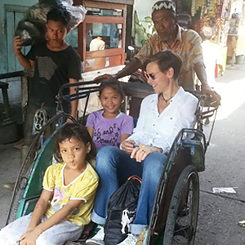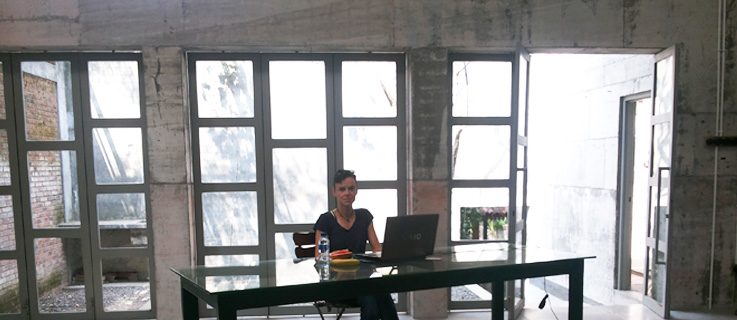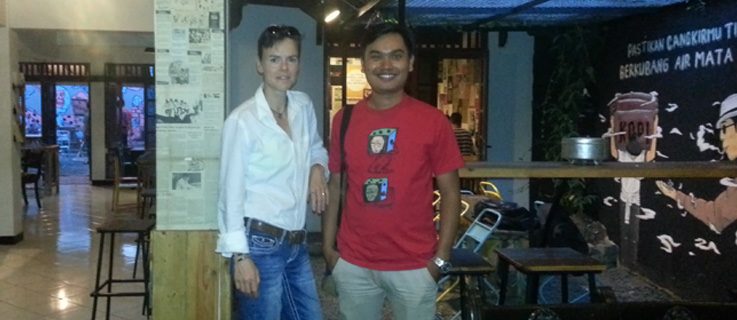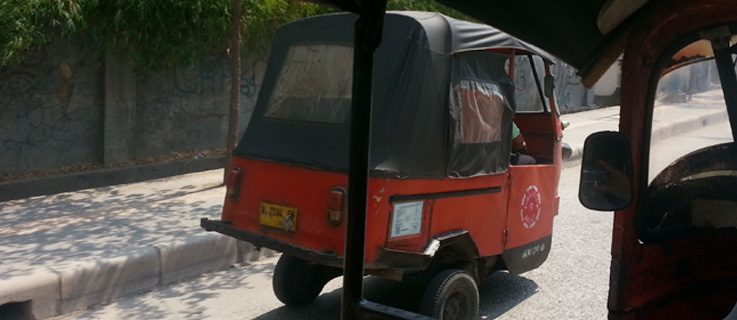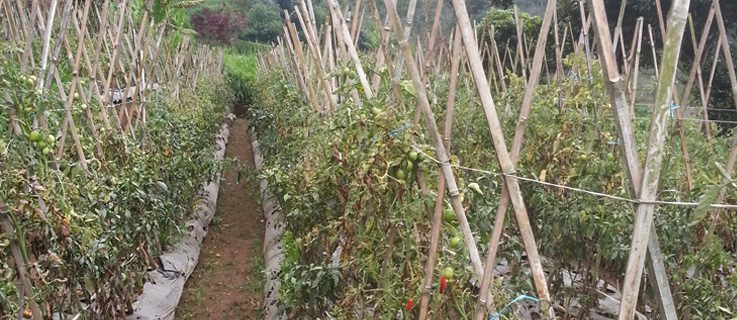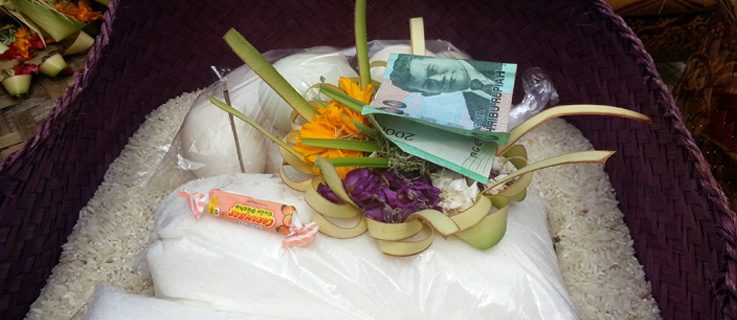German Seison | Interview
Interview with Antje Rávic Strubel
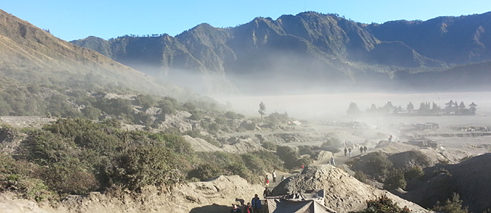
Before the Author Residency Programme, you had already visited Indonesia. What motivated you to return for this longer stay? What were your expectations?
My first stay was arranged as part of government travel, meaning, I didn’t get to see much of Indonesia aside from the hotel and a few tourist attractions, although the last trip did give me some insights into country’s foreign policy. The day and a half I had spent in Jakarta, however, did leave me with a lasting impression – especially meeting Andrea Hirarta and a visit we made to a children’s village -, it just got me interested. And although I do have a preference for colder climates and cool temperatures, I was up for a visit to Indonesia to get to know the country better, it’s a country that I didn’t know much about, other than its coffee and great temples.
Which experiences from this Indonesia trip will you remember especially?
Walking through a field in that grew chilli peppers. The tree standing in my bedroom. Bannana groves and rice-paddies. The loud inside the Bromo crater. The strong surfs of the Indian Ocean crashing just a few meters off those sandy beaches. The tortoise that watched me as I was preparing my coffee. A particular Teak tree. Rainforest-covered mountains. The artificial grass in the middle of the city of Bandung. Garden-walls built with corals, and the staling and tipsy flight of the mosquitoes. Ironically, someone warned me that mother nature on this side of the world was hazardous.
Did you get the chance to study Indonesian literature more deeply? What did you discover from your meetings with Indonesian authors?
Following my discussions with the authors, including Andrea Hirata, Iwan Bajang, Laksmi Pamuntjak and Saut Situmorang, I noticed that abroad, those getting the noticed the most are the ones that try to conceptualize their writing and the essence of their texts onto a western perspective. Hirata received international attention, after an American agency discovered, and after his novel appeared in an adjusted way. Laksmi PUmantjak, who studied in the USA, set out to write her novel “Alle Farben Rot” in the English language. Whether this forms an advantage for these novel writers, is subject to further discussion. Within the local Indonesian literature sphere it seems that there’s ideological warfare trenches here – it’s similar to how it used to be in the DDR – which one can traced back through the political history, but which also have religious causes. An outsider would only be able to take part in discussions on these topics with great difficulty. Furthermore, there are also a number of younger authors, they are publishers as well, who are trying to promote young writers within these warfare trenches aimed at western-audiences tailored mainstream and religious conflicts. They will leave their mark on Indonesian literature.
This interview was first published on the German Season/Antje Strubel
